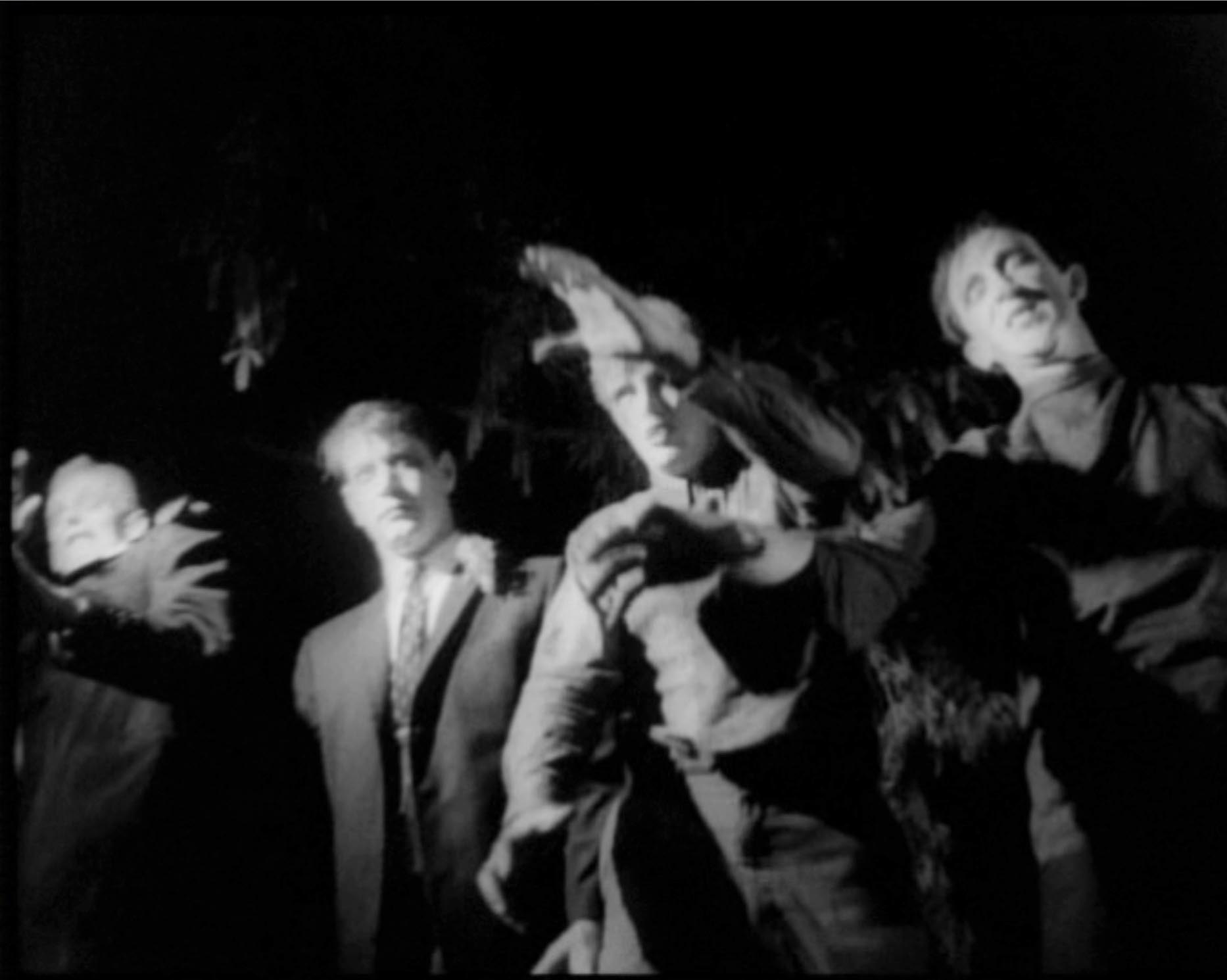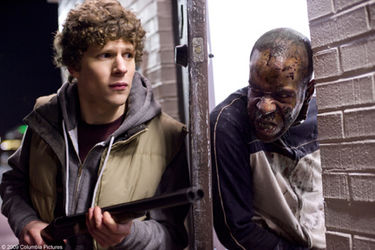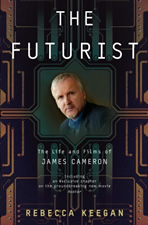What a complete waste of genuine comic talent. Tell me, how can a movie go so wrong? “Couples Retreat” has Vince Vaughn, Jon Favreau and Jason Bateman–these talented guys could each carry their own movie to hilarious heights and have found themselves in the same movie. Through studio intervention, terrible writing, zero jokes, and lazy performances, “Couples Retreat” amounts to an all-star cast getting to shoot a movie on a vacation island and party for a few weeks.
The plot of the movie centers around a couple (Jason Bateman, Kristen Bell) having martial problems and deciding that a dream vacation will heal the wounds and save their marriage. But they need three sets of friends to drop their lives and head out with them to get the great group-rate package. So the three couples (Vince Vaughn, Malin Akerman), (Jon Favreau, Kristin Davis), (Faizon Love, Kali Hawk) head off to paradise with the ‘Bateman, Bell” couple for a two-week vacation that turns into… you guessed it… disaster, and the worst kind of disaster–the kind that renders the movie a complete disaster. Every comic scenario fails… From a lame shark attack, to Faizon’s character having to drop his pants without any underwear on, to an up-close-and-personal yoga instructor who looks like Kevin Sorbo with stubble, to (I kid you not…) a Guitar Hero face-off. Absolutely nothing works. Frankly, I’m getting tired of Vaughn turning in these garbage paycheck movies (Fred Claus, Four Christmases) that turn into box-office hits. He is a very funny guy, but he’s in unfunny movies lately. “Couples Retreat” has been slapped together and filled with unlikable characters. These three schlubs have been saddled with gorgeous significant others and can’t seem to make their relationship work, how sad. And the funny thing is, none of them learn anything. The movie abruptly ends when the movie is spiraling out of control. These pivotal shifts in character fail to happen throughout the movie, and then in the last minutes, the filmmakers seem to realize they are running out of time and have the couples reunite and fall back in love with zero foundation as to why. Just spare yourself–this is one stupid, terrible movie. If there’s a point of interest in it, it’s the fact that Peter Billingsley (who played Ralphie in “A Christmas Story”) directed this botch-job.
[Rating:1/5]








 Have you ever found a movie sufficiently interesting that you watched the director’s commentary, hoping it would enhance your enjoyment of the film, only to waste two hours listening to pointless self-congratulations? Dr. Horrible’s Sing Along Blog (Dir. Joss Whedon) has one of those few commentaries that I actually watched a second time – and just might watch a third. What makes the commentary so good is the same thing that makes the movie so good – the music. Dr. Horrible revives a dying art: musical theatre. Many genres of music are exhibited in the film, and in Commentary: the Musical.
Have you ever found a movie sufficiently interesting that you watched the director’s commentary, hoping it would enhance your enjoyment of the film, only to waste two hours listening to pointless self-congratulations? Dr. Horrible’s Sing Along Blog (Dir. Joss Whedon) has one of those few commentaries that I actually watched a second time – and just might watch a third. What makes the commentary so good is the same thing that makes the movie so good – the music. Dr. Horrible revives a dying art: musical theatre. Many genres of music are exhibited in the film, and in Commentary: the Musical. an Fillion). Captain Hammer is an unsympathetic super hero who fights crime mainly for the pleasure of beating up on mad scientists and taking advantage of groupies (“this is so nice, I just might sleep with the same girl twice!â€). To add insult to injury, the chaos gives Hammer the chance to save Penny, and Dr. H. watches them fall for each other (right). Hammer’s bullying eventually pushes Dr. H. over the edge and leaves him willing to do what he must to get into the E.L.E. (Penny may cry, but her tears will dry when I hand her the keys to a shiny, new Australia.)
an Fillion). Captain Hammer is an unsympathetic super hero who fights crime mainly for the pleasure of beating up on mad scientists and taking advantage of groupies (“this is so nice, I just might sleep with the same girl twice!â€). To add insult to injury, the chaos gives Hammer the chance to save Penny, and Dr. H. watches them fall for each other (right). Hammer’s bullying eventually pushes Dr. H. over the edge and leaves him willing to do what he must to get into the E.L.E. (Penny may cry, but her tears will dry when I hand her the keys to a shiny, new Australia.) What is with all these zombie movies?? Is our culture really so morbid that we can’t get enough of seeing human bodies hacked to pieces? Zombieland (Dir. Ruben Fleischer) is only the latest in a veritable flood of ketchup-splattered, limb-laden flicks from the past few years in which humans are transformed into flesh-eating monsters and terrorize the few souls unaffected by the radiation, virus, or whatever.
What is with all these zombie movies?? Is our culture really so morbid that we can’t get enough of seeing human bodies hacked to pieces? Zombieland (Dir. Ruben Fleischer) is only the latest in a veritable flood of ketchup-splattered, limb-laden flicks from the past few years in which humans are transformed into flesh-eating monsters and terrorize the few souls unaffected by the radiation, virus, or whatever.



 It’s hard to put my finger on why I like The Nanny Diaries. There isn’t a single shootout, car wreck, or fist fight in the entire thing; not even one punch thrown to accent a dramatic moment. Not only that, but (male audience members be warned) this is very much a chick flick – be prepared for
It’s hard to put my finger on why I like The Nanny Diaries. There isn’t a single shootout, car wreck, or fist fight in the entire thing; not even one punch thrown to accent a dramatic moment. Not only that, but (male audience members be warned) this is very much a chick flick – be prepared for 



